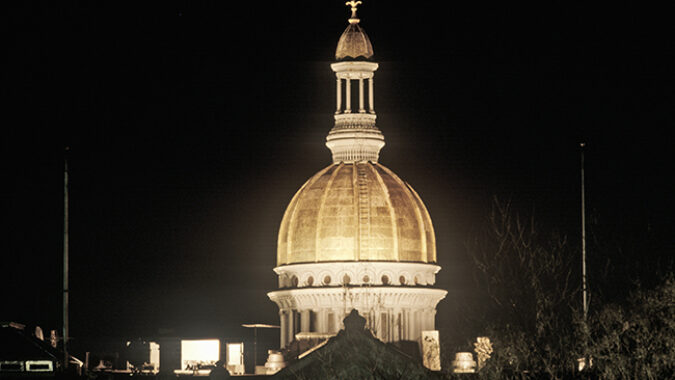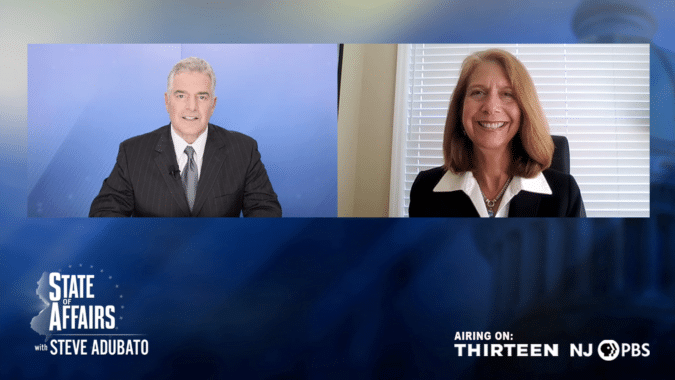The 219th Legislature wrapped up its two-year legislative session on Monday night and the results were a mixed bag for the business community.
Gov. Phil Murphy has already acted on several bills that will affect businesses – either positively or negatively – while dozens remain on his desk. By law, the governor has seven days to sign bills passed during the last 10 days of a legislative session, or he can pocket-veto those bills simply by taking no action on them at all. Below is a wrap-up of the status of key business bills.
Business Bills Signed into Law by the Governor
A-5689/S-3830 (Greenwald/Beach) – NJBIA supported this legislation that uses $25 million in federal COVID-19 relief funding for a travel and tourism advertising campaign aimed at promoting New Jersey destinations that have sustained economic losses due to the pandemic. The bill won final approval in the Legislature last month and was signed into law on Monday.
A-5549/S-4112 (Dancer/Bucco) – NJBIA supported this legislation that permits nonprofit corporations to continue to hold board meetings by remote communication. Because virtual meetings are less costly and more convenient, businesses that were first allowed this flexibility when the pandemic began should be allowed to continue this practice if they choose. The bill was passed by both houses last month and was signed into law Monday. A similar law was signed last year giving for-profit businesses this flexibility to hold virtual meetings.
S-771/A-6195 – NJBIA fought against this legislation, which reverses more than four decades of legislative policy by expanding employer liability for worker’s compensation injuries to off-site parking lots that the employer has no control over. The governor signed the bill into law on Monday.
Pro-Business Legislation Vetoed by the Governor
A-5218/S-3404 – This legislation supported by NJBIA would have provided tax relief to small restaurants, wedding venues, banquet halls, wineries, and other alcoholic beverage manufacturers by allowing bonus depreciation on pandemic-related investments they made such as outdoor heaters and overhangs or upgrades to ventilation systems. The bill received final legislative approval last month, but the governor issued an absolute veto of the legislation on Monday, citing cost concerns.
Key Business Bills on the Governor’s Desk
S-1559/A-1659 – The controversial “bad faith” insurance bill, strongly opposed by NJBIA, narrowly passed both houses of the Legislature on Monday. NJBIA is urging the Governor to veto this legislation, which would drive up the cost of auto insurance premiums and return New Jersey to the days when it had the nation’s highest auto insurance rates.
S-4207 /A-6119 – This legislation, opposed by NJBIA, would severely limit the ability of small businesses to bid on public works contracts by stiflling their ability to meet apprenticeship program requirements. The bill passed both houses of the Legislature on Monday.If signed into law, it will be extremely difficult for small businesses to obtain public contracts.
S-2515 /A-4676 – This bill, which narrowly passed the Legislature on Monday, places an undue burden on manufacturers by setting post-consumer recycled content requirements for a variety of plastic packaging products, including rigid plastic containers, glass containers, paper and plastic carryout bags and plastic trash bags. NJBIA is asking the governor to veto the bill because the technology and markets do not yet exist to meet some of its requirements, which will subject manufacturers to burdensome delays as they wait for state environmental officials to process waivers.
A-5160 /S-3324 – NJBIA opposes this bill setting unrealistic minimum energy and water efficiency standards for certain products sold or leased in the state. The bill would affect manufacturers of over a dozen products, including air purifiers, commercial appliances, computers, fluorescent lamps, toilets, and water coolers, as well as increase costs for businesses and consumers. The Assembly voted 53-20 on Monday to give final approval to the bill and send it to the governor.

